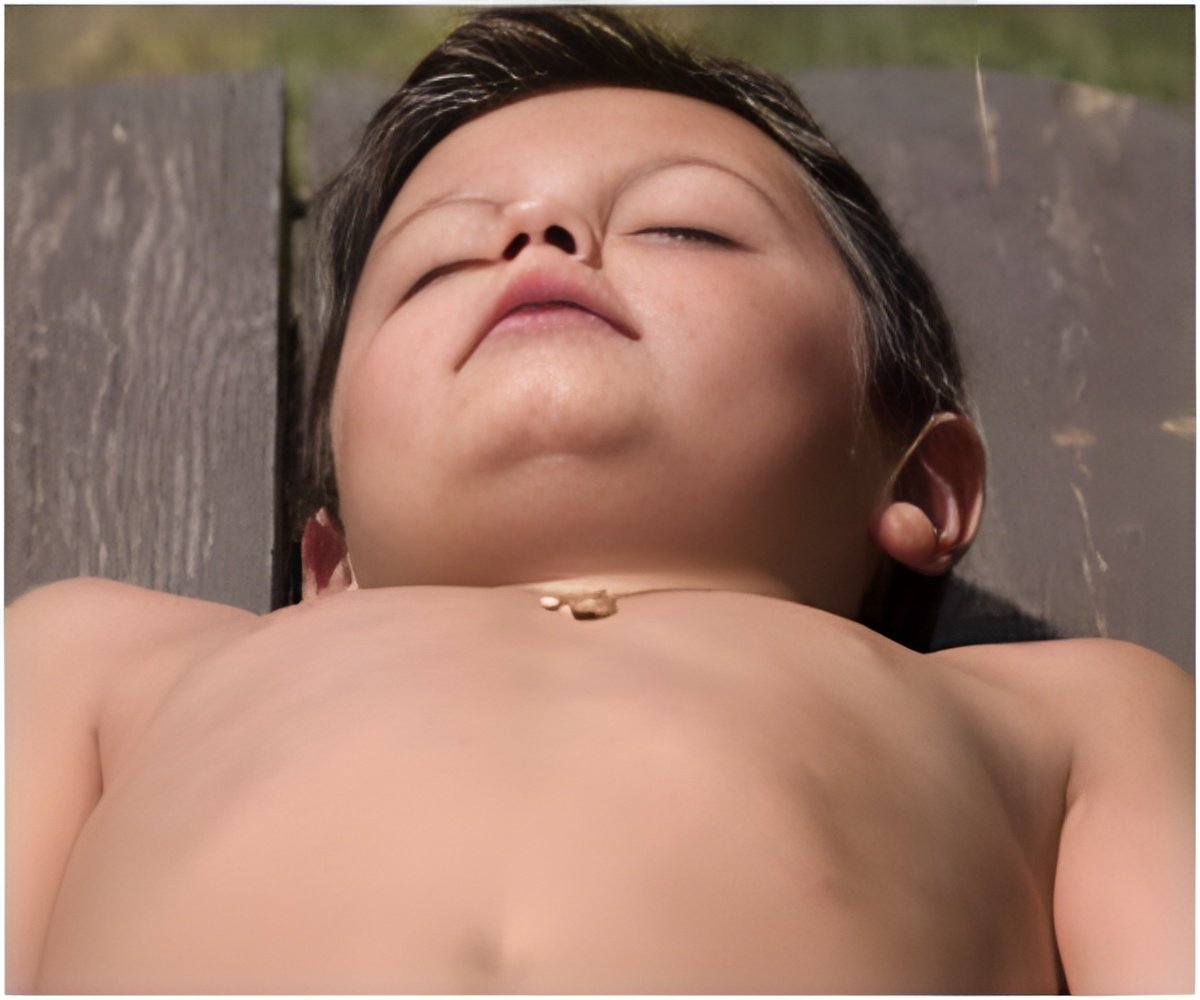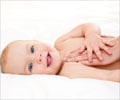Researchers found that 75% of children surveyed for a study consumed caffeine on a daily basis, and the caffeine negatively affected their sleep quality.

According to Dr. Warzak, "Some children as young as 5 years old were consuming the equivalent of a can of soda a day." The authors also noticed that the older children drank more caffeinated beverages. "Children between the ages of 8 and 12 years consumed an average of 109 mg a day," Dr. Warzak explains, "the equivalent of almost 3 12-ounce cans of soda."
Researchers found, however, that caffeine was not linked to bedwetting in these children. "Contrary to popular belief," Dr. Evans, coauthor and statistician, clarifies, "children were not more likely to wet the bed if they consumed caffeine, despite the fact that caffeine is a diuretic."
The study authors stress the importance of parental awareness regarding their child's caffeine consumption. "Parents should be aware of the potentially negative influence of caffeine on a child's sleep quality and daily functioning," Dr. Warzak asserts. The authors suggest that primary care pediatricians may be able to help by screening patients for caffeine consumption and educating parents about the potentially harmful effects of caffeine.
Source-Eurekalert














